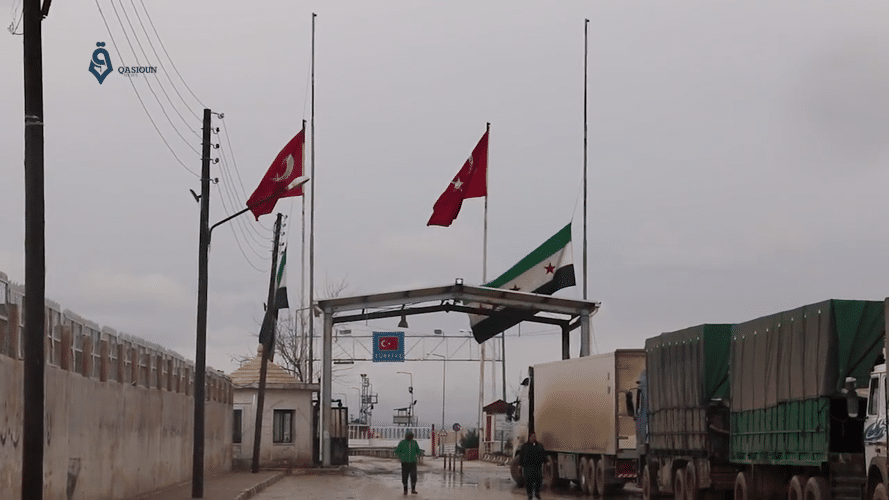In this Peace Research Institute Oslo (PRIO) MidEast policy brief, “Predictable and unexpected compromise: UN humanitarian aid comes to Syria for another year”, Pavel Baev (Research Professor, PRIO) examines the flow of UN humanitarian aid to Syria, following the UN Security Council adoption of Resolution 2585 on 9 July 2021. Even though the resolution might appear to be a recycle of the compromise reached at the Security Council in 2020, it is different in many important aspects and will be tested again in 2022, argues Baev.
Resolution 2585 authorises the use of only one border crossing, Bab al-Hawa, for 12 months, while the three other crossings remain closed. Russia insisted that cross-border aid should be discontinued, while the US advocated for opening all four points of entry and for an expansion of aid deliveries. The final resolution represented a US-Russian compromise, despite geopolitical competition in Syria, that kept Bab al-Hawa open, where Ireland and Norway as ‘penholders’ performed the work on preparing the resolution.
However, this compromise will be tested again in Spring and Summer 2022 at the UN Security Council. Follow-on debates could encounter a more rigid stance by Russia, influenced by the contraction of its capabilities. However, Russia is highly aware that the stability of the al-Assad regime is currently being undermined by the regime’s inability both to ensure reconstruction of Syria’s economy and to contain the spread of COVID-19. Given that expanding aid to Syria is highly unpopular with domestic audiences, who find themselves in a financial bind, Russia’s best option for upholding the al-Assad regime and avoiding amplification of new sources of conflict is international aid through UN channels. For the Kremlin, this is certainly preferable to Turkey-controlled or US-managed inflows of aid. Against this background, Russia may prove inclined to keep the Bab al-Hawa crossing open and maybe even re-open al-Yaroubiyah, argues Baev.
Read the full policy brief here.
